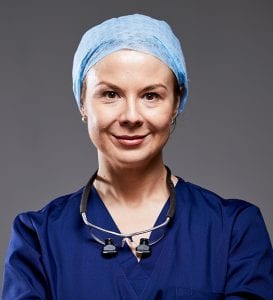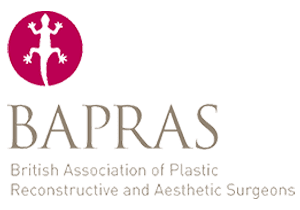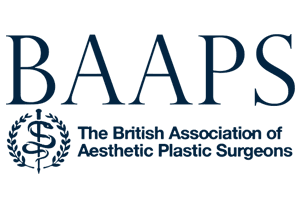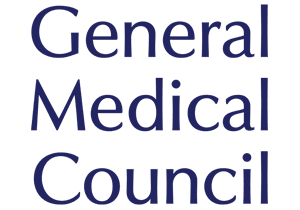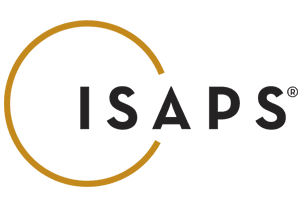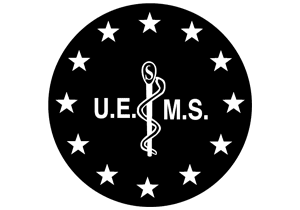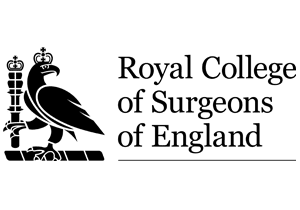Recovery Information for Patients of Plastic Surgeon Anca Breahna
Recovery after surgery is a vital part of any medical or cosmetic procedure. It’s the phase where your body heals, rejuvenates, and adapts post-treatment. While the expertise of your plastic surgeon plays a pivotal role in ensuring successful outcomes, the post-treatment care you provide yourself is equally crucial.
Consultant Plastic Surgeon Anca Breahna, can help guide you through the essential steps and best practices to ensure a comfortable and effective recovery journey. Whether you’ve undergone a small surgical procedure or a non-invasive treatment, these tips will help you optimise your healing and achieve the best possible results.

Top Tips for Recovery after Surgery
The journey to recovery, irrespective of the treatment or procedure you’ve undergone, is a delicate phase that demands attention, patience, and adherence to specific guidelines. While each procedure might have unique post-treatment instructions, some general recovery tips are universally applicable and can significantly enhance healing.
- Organise your Support Team and Place to Recovery
Your environment can influence your recovery. Ensure you have a comfortable, clean space to rest. If possible, arrange for someone to assist you in the initial days post-treatment, especially if mobility is restricted. Having a support system, be it family, friends, or caregivers, can make a big difference in your recovery journey.
- Be sure to Rest & Relax
Rest is the body’s natural mechanism for healing and rejuvenation. After any medical or cosmetic procedure, giving your body ample time to heal is paramount. This doesn’t just mean sleep, although a good night’s sleep is invaluable. It also refers to reducing physical exertion, avoiding strenuous activities, and allowing your body to channel its energy towards healing. Overexerting yourself can lead to complications, prolong the recovery period, and even affect the results of certain treatments.
- Follow Anca’s Recovery Instructions
Anca and her team will give you post-treatment instructions tailored to your procedure. These guidelines are based on detailed medical research and experience and are designed to ensure your safety and the efficacy of the treatment. It’s essential to adhere to these instructions diligently. These guidelines exist for a reason, whether it’s about medication dosage, wound care, or post-surgery activities. Deviating from them can jeopardise your recovery and your optimal results.
- Watch for Unusual Symptoms
While some discomfort, swelling, or redness might be expected after certain procedures, staying vigilant for any unusual or severe symptoms is crucial. Persistent pain, excessive bleeding, signs of infection, or any other unexpected changes should be reported to your medical team immediately. Early detection and intervention can prevent surgical complications and ensure a smoother recovery trajectory.
- Hydrate and Watch What You Eat
The body’s healing process is significantly enhanced with proper hydration and nutrition. Drinking plenty of water aids in flushing out toxins, improving skin health, and maintaining vital bodily functions. Meanwhile, a balanced diet rich in vitamins, minerals, and essential nutrients supports cellular repair and boosts the immune system. Foods rich in vitamin C, zinc, and protein can aid wound healing and tissue regeneration.
- Avoiding Harmful Substances – No Smoking, Vaping or Recreational Drugs
Post-treatment is not the time to indulge in habits that can impede your recovery. Vaping and Smoking, for instance, can delay wound healing, increase the risk of complications, and even affect the results of some cosmetic procedures. Similarly, excessive alcohol can interfere with medications and the body’s natural healing processes. It’s advisable to abstain from or limit the consumption of such substances during the recovery phase.
- The Emotional Rollercoaster
Physical recovery is just one aspect of the healing journey. Emotional well-being plays a significant role in how quickly and effectively you recover. It’s natural to feel a range of emotions post-treatment, from relief and happiness to anxiety or sadness. Recognising these emotions, discussing them, and seeking support can make the recovery process more manageable and less daunting.
For more information about Recovery after Surgery and Procedures read the blogs
Recovery after Surgery for Minor Procedures
- Recovery after Lipoma Removal
- Recovery after Cyst Removal
- Recovery after Skin Tag Removal
- Recovery after Mole Removal
- Recovery after Dermal Fillers
Recovery after Surgery for Surgical Procedures
- Recovery after Eyelid Surgery / Blepharoplasty
- Recovery after Labiaplasty
- Recovery after Ear Surgery / Pinnaplasty or Otoplasty
- Recovery after Breast Reduction Surgery
